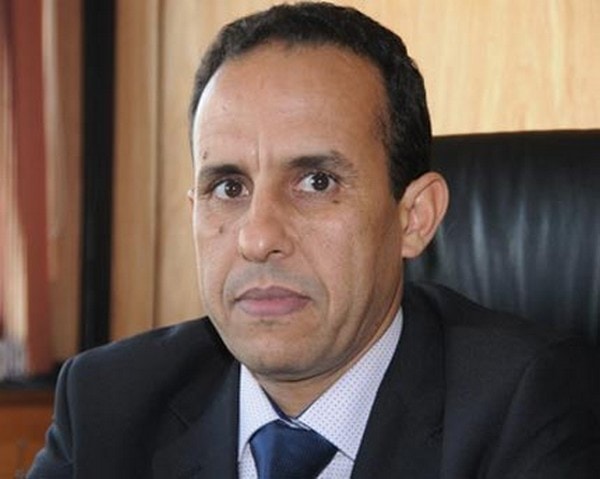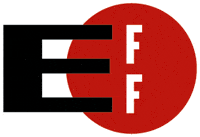Articles by Electronic Frontier Foundation (EFF)

Governments break silence on surveillance as activists launch human rights principles
During an event at the UN Human Rights Council in Geneva, a coalition of civil society organisations launched a set of standards that interpret States’ human rights obligations in light of new technologies and surveillance capabilities.

Morocco urged to release editor arrested for reporting on Al-Qaeda video
Over 60 organisations signed a joint appeal to Moroccan authorities to free editor Ali Anouzla, jailed on 17 September for posting a link to an Al-Qaeda video on his news website alongside an article critical of the video.

U.S government releases NSA surveillance documents
The Director of National Intelligence has released hundreds of pages of documents related to the government’s secret interpretation of Patriot Act Section 215 and the NSA’s (mis)use of its massive database of every American’s phone records. The documents were released as a result of EFF’s ongoing Freedom of Information Act lawsuit.

Vietnam’s Internet censorship bill goes into effect
An online censorship law known as Decree 72 went into effect in Vietnam; it bans bloggers and users of social media from quoting, gathering, or summarising information from press organisations or government websites.

Hundreds of pages of NSA spying documents to be released in U.S.
In a major victory in one of EFF’s Freedom of Information Act lawsuits, the Justice Department conceded that it will release hundreds of pages of documents, including FISA court opinions, related to the government’s secret interpretation of the Patriot Act.

The cost of censorship in U.S. libraries
Aggressive interpretations of the Children’s Internet Protection Act have resulted in extensive and unnecessary censorship in libraries, often because libraries go beyond the legal requirements of the law when implementing content filters.

An open letter to John Kerry: Tell Ethiopia to release Eskinder Nega and stop imprisoning bloggers
The Electronic Frontier Foundation calls upon U.S. Secretary of State John Kerry to speak out on the imprisonment of dissident blogger Eskinder Nega.

Secret U.S. court opinion on NSA surveillance released
In response to EFF’s FOIA lawsuit, the government has released the 2011 FISA court opinion ruling that some NSA surveillance was unconstitutional.
